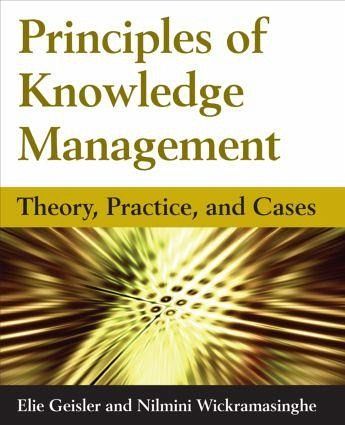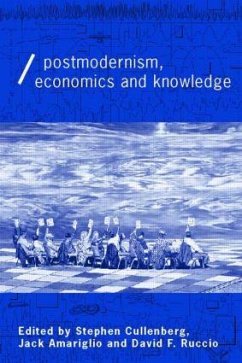
Principles of Knowledge Management
Theory, Practice, and Cases
Versandkostenfrei!
Versandfertig in 1-2 Wochen
77,99 €
inkl. MwSt.
Weitere Ausgaben:

PAYBACK Punkte
39 °P sammeln!
This text provides a comprehensive introduction to thenew field of knowledge managament. It approaches the subject from a management rather than a highly technical point of view, and provides students with a














